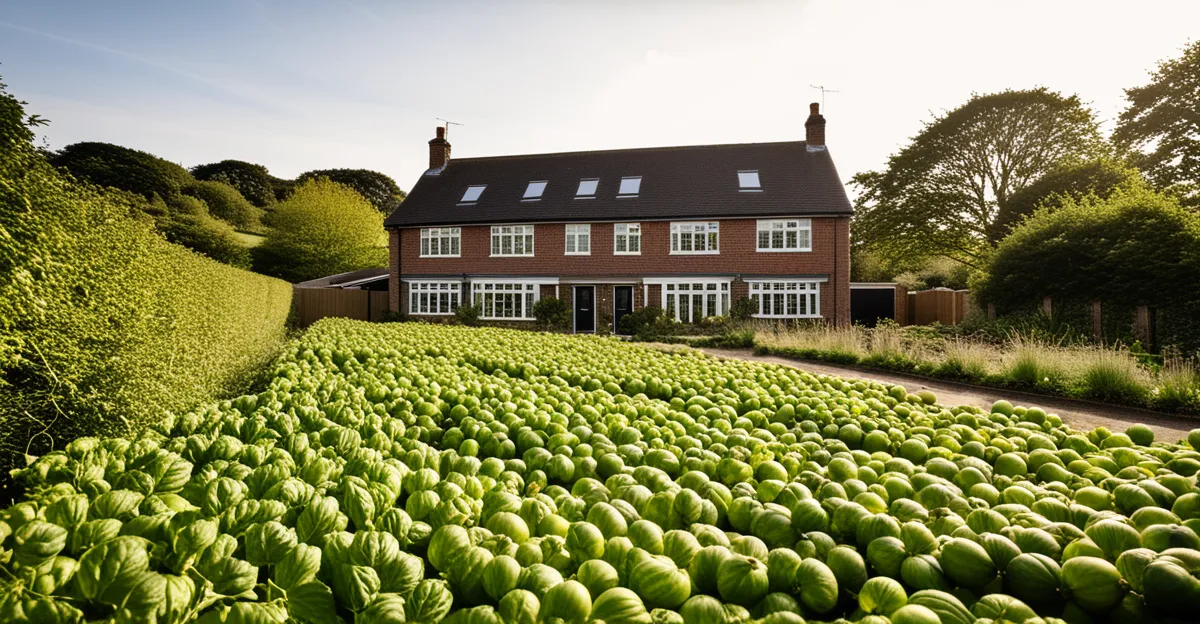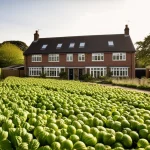Defining Sustainable Practices in UK Real Estate
Sustainable real estate in the UK involves integrating eco-friendly construction methods and adhering to green building standards to minimize environmental impact. Central to these sustainable practices is reducing resource consumption, enhancing energy efficiency, and promoting healthier living environments.
Several certification systems guide developers, ensuring compliance with sustainable criteria. Commonly adopted frameworks include BREEAM (Building Research Establishment Environmental Assessment Method) and LEED (Leadership in Energy and Environmental Design). These standards evaluate properties based on energy use, water efficiency, material sourcing, and waste reduction.
This might interest you : How can technology enhance the efficiency of UK real estate transactions?
Key principles of eco-friendly property development emphasize lifecycle thinking—considering a building’s impact from construction to operation and eventual decommissioning. This includes using renewable or recycled materials, optimizing insulation, and incorporating renewable energy sources like solar panels. Sustainable real estate also focuses on site selection to reduce land disturbance and enhance biodiversity.
In summary, sustainable real estate in the UK merges environmental responsibility with practical design, supported by established green building standards. This approach not only conserves natural resources but also creates healthier living spaces, aligning with growing consumer and regulatory demands for sustainability.
Also read : Understanding the Dynamics of the UK Real Estate Market in 2023
Economic and Environmental Impact of Sustainability
Sustainable real estate significantly reduces operational costs through enhanced energy efficiency savings. By integrating energy-efficient systems—such as LED lighting, high-performance insulation, and smart HVAC controls—buildings consume less energy, translating directly into lower utility bills for owners and tenants. Studies show that eco-friendly construction can cut energy use by up to 30%, marking a substantial financial benefit.
Environmental benefits are equally compelling. Reduced energy consumption leads to lower carbon emissions, helping combat climate change and improving air quality. Sustainable developments often incorporate renewable energy sources, further diminishing reliance on fossil fuels. These environmental advantages align with growing regulatory pressures and public expectations for eco-conscious solutions.
From a financial perspective, sustainability boosts long-term property profitability. Energy-efficient buildings typically attract higher demand, reducing vacancy rates and increasing rental income. Moreover, improved operational performance can lead to stronger investment returns over time. Investors increasingly favour sustainable real estate, viewing it as a lower-risk, future-proof asset class supported by stable cash flows and potential tax incentives.
In summary, the interlinked environmental benefits and financial returns form a compelling business case for adopting sustainability in the UK property market. Smart investments in eco-friendly construction not only protect the planet but also secure lasting economic value.








